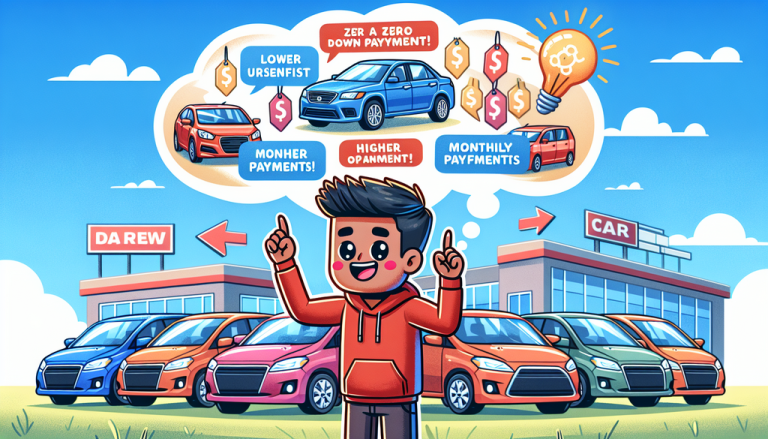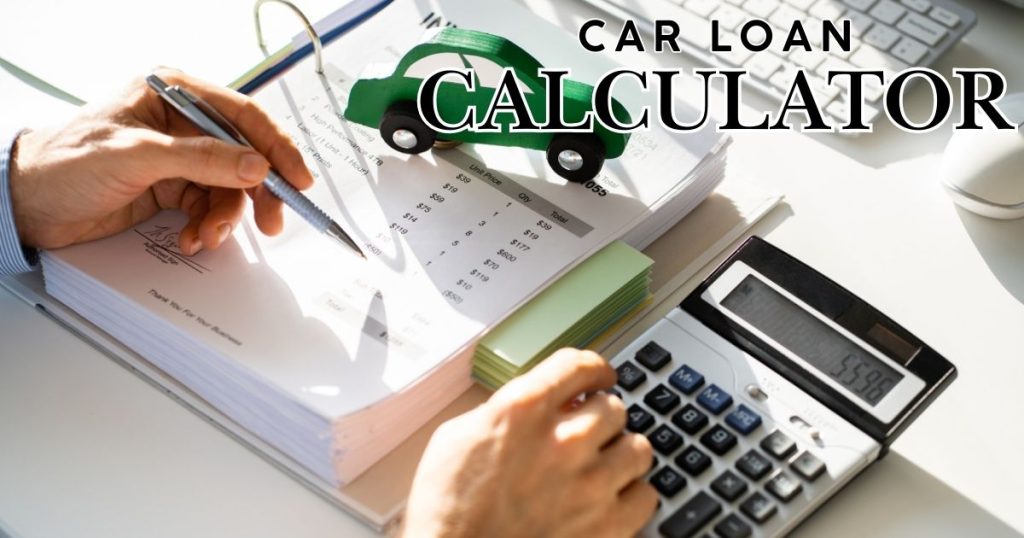Imagine standing at the financial crossroads, staring down a zero down payment option that seems too good to be true. Your heart races with excitement, but your rational mind whispers caution. The allure of purchasing a home or vehicle without upfront cash is compelling, but is it a smart financial maneuver or a potential trap?
Understanding Zero Down Payment Strategies
Zero down payment options have transformed how Americans approach major purchases, particularly in real estate and automotive sectors. These financing approaches promise accessibility, but they’re not without significant nuances that demand careful consideration.
Real Estate Context
In the housing market, zero down payment mortgages aren’t mythical creatures—they’re legitimate programs offered by specific lenders and government agencies. VA loans for veterans, USDA rural development loans, and select FHA programs make homeownership possible without traditional down payment barriers.
| Loan Type | Down Payment | Typical Eligibility |
|---|---|---|
| VA Loan | 0% | Military Veterans |
| USDA Loan | 0% | Rural/Suburban Homebuyers |
| Traditional Mortgage | 3-20% | General Population |
Automotive Financing
Car dealerships occasionally advertise zero down payment deals, especially for buyers with exceptional credit. However, these offers often mask higher interest rates or longer loan terms that increase overall cost.
Financial Risks and Considerations
While zero down payment sounds attractive, it’s not a financial silver bullet. Several critical risks demand careful evaluation:
- Higher Monthly Payments: Financing 100% of purchase means larger monthly obligations
- Increased Interest Expenses: More borrowed money translates to more interest paid over time
- Potential Negative Equity: Initial lack of equity puts buyers at greater financial vulnerability
Credit Score Implications
Your credit profile dramatically influences zero down payment accessibility. Lenders typically require:
- Credit score above 620
- Stable income documentation
- Debt-to-income ratio under 43%
Strategic Decision-Making Framework
Before jumping into a zero down payment arrangement, implement this strategic assessment:
Personal Financial Health Checklist
- ✓ Emergency savings established
- ✓ Stable employment
- ✓ Understanding of total long-term costs
- ✓ Comfortable with potential higher monthly payments
Expert Recommendations
Financial advisors consistently recommend:
“Zero down payment isn’t free money—it’s a strategic financial tool requiring disciplined approach and comprehensive understanding.”
Alternative Strategies
Consider hybrid approaches like:
- Saving partial down payment
- Exploring first-time buyer programs
- Improving credit score for better terms
Conclusion
Zero down payment options represent powerful financial opportunities when approached thoughtfully. They’re neither universally ideal nor universally risky—success depends on individual circumstances, disciplined financial management, and comprehensive understanding.
Your financial journey is unique. Research, consult professionals, and make decisions aligned with your long-term goals.



